Maya Ajmera on Social Entrepreneurship and the State of Science
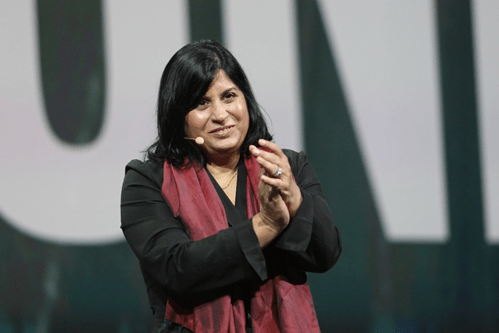
On this episode of the Getting Smart Podcast, Tom sits down with Maya Ajmera, CEO of the Society for Science & the Public and publisher of Science News.
Previously, Maya founded The Global Fund for Children (GFC), a nonprofit organization that invests in innovative, community-based organizations working with some of the world’s most vulnerable children and youth. She is also a celebrated children’s book author of more than 20 books. Recently, Maya was awarded the 2020 Public Service Award by the National Science Foundation.
In this conversation Tom and Maya discuss social entrepreneurship, why science matters now more than ever and her extraordinary journey through the world of science and impact.
Maya Ajmera is CEO of the Society for Science & the Public
Maya grew up interested in science. As a 13-year-old scientist in eastern North Carolina, she became fascinated with duckweeds and got to work with a botanist to try and discover potential sources of food for the future. She was in the fourth class of the North Carolina School of Science and Math.
During her time at the School of Science and Math she did a study of gut bacteria which resulted in her being named one of the top young scientists in the nation. She says, “learners should have the opportunity to be in a science fair every other year from grades 6-12 […] PBL is absolutely intractable to solving the world’s most challenging problems.”
She then went on a global journey which helped her uncover some of the other passions aside from science: “If you want to understand people and their aspirations, grab a backpack and travel for a year.”
From there, she went on to launch the Global Fund for Children, a global nonprofit dedicated to finding, funding, and coaching truly local organizations that empower young people worldwide. Then she became CEO of the Society for Science & the Public, a champion for science, dedicated to expanding scientific literacy, effective STEM education and scientific research, as well as the Publisher of Science News (@ScienceNews) and Science News for Students (in 5,000 high schools across the country).
When asked about what high school should look like:
- Project-based learning
- See it, do it, feel it, experience it
- Science changing: more opportunity than ever for data sets and for doing real science at home
- “It’s not about testing, it’s about the problems we want to solve to make the world a better place.”
- “It’s not about what you want to be when you grow up, it’s what problem you want to solve.”
Advice to young people: what areas of science will yield the greatest impact in the next 20 years?
- Neuroscience
- Climate science
- Systems biology (Leroy Hood)
- Data science (bioinformatics)
- Neural networks/ML
- Synthetic Biology
“We need to make sure that every young person can grow up to be a scientist or an engineer if that’s what they want to be.”
Key Takeaways:
[:10] About today’s episode with Maya Ajmera.
[:53] Tom Vander Ark welcomes Maya to the podcast!
[1:00] Maya shares how she first became entranced with the world of science through duckweeds.
[3:00] Maya speaks about her experience both attending the North Carolina School of Science and Mathematics and now being a trustee.
[4:25] About the mentorship program at the NC School of Science and Mathematics that led to Maya being recognized as one of the nation’s leading young scientists.
[5:31] Does Maya agree that every learner should have the opportunity to be a part of a science fair every other year from grades 6-12?
[6:42] How Maya’s organization has helped lead the science fair movement.
[6:59] Why science fairs are so beneficial to students’ learning.
[7:42] When and how Maya made the decision to switch from basic science to public policy, and eventually found The Global Fund for Children at only 24 years old.
[10:55] Maya speaks about leading the GFC for 18 years and why she ultimately decided to leave and become a professional lecturer and visiting scholar at the Paul H. Nitze School of Advanced International Studies at Johns Hopkins University.
[13:44] Why and how Maya took on her new role as President and CEO of the Society for Science & the Public.
[16:13] Maya further elaborates on the equity of the Society for Science & the Public and how they ensure equitable participation in their programs.
[19:02] Having taken over Science News during a time where it was very difficult to be a publisher, Maya shares how she has rethought and reworked the business model into becoming more sustainable and having a broader impact.
[22:03] As a society we are facing the challenge of an ever-present general distrust and disregard of science with the rise of social media. Maya shares how she thinks we can regain this trust back and how The Society for Science & the Public is playing a role in rebuilding an interest.
[24:17] What science learning could and should look like in school.
[27:57] About the incredible International Science and Engineering Fair by The Society for Science & the Public.
[28:45] The link between science education, entrepreneurship, and impact; and what we could be doing to introduce more young scientists to impact models (that could provide them with the opportunities to start companies, launch social enterprises, etc.).
[31:30] What areas of science is Maya most encouraged by right now?
[33:22] Maya’s advice for students that are interested in science.
[34:07] Tom congratulates Maya on winning the 2020 Public Service Award by the National Science Foundation.
[34:45] What’s next for Maya and The Society for Science & the Public?
[35:55] Where to find Maya and The Society for Science & the Public online.
[36:54] Tom thanks Maya for joining the podcast.
Mentioned in This Episode:


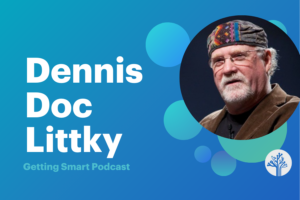


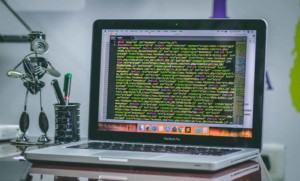
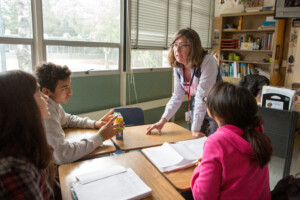
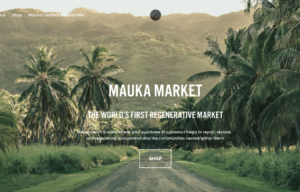
0 Comments
Leave a Comment
Your email address will not be published. All fields are required.